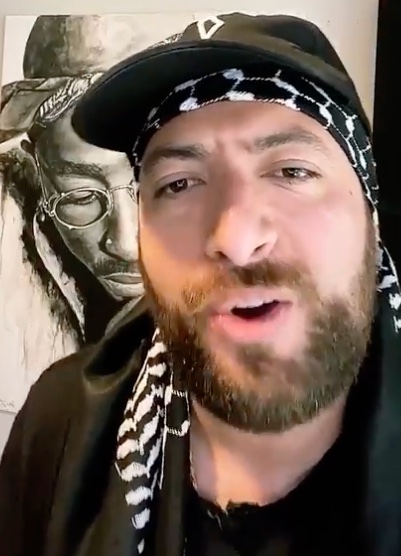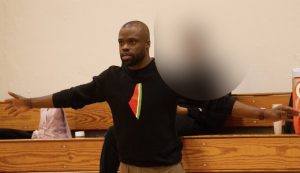Ibrahim “Abe” Batshon, the CEO of Beatstars, recently garnered significant attention and criticism for his controversial remarks. Batshon, whose company is owned by Sony Music Publishing, has been accused of making antisemitic comments.
These allegations stem from his statements regarding the Holocaust and the 10/7 massacre. Batshon invoked what has been described as a “grotesque Holocaust inversion” and defended the 10/7 massacre, asserting that “Palestinians have every right to defend itself.” Furthermore, he has been accused of essentially blaming the 10/7 massacre on Israel, cautioning against being “fooled by the media.”
Who is Ibrahim “Abe” Batshon?
Ibrahim “Abe” Batshon is known primarily as the CEO and Founder of BeatStars, a role he has held since December 2008. Based in Austin, Texas, BeatStars is a social music marketplace and distribution company that has fostered a community of over 2 million music producers and recording artists globally. The platform facilitates collaboration, sales, distribution, and sharing of music worldwide.
Also Read: Who is Samantha Jaser? NYU official faces antisemitism accusations
Prior to founding BeatStars, Batshon worked with INgrooves Music Group from March 2007 to April 2010 in A&R and Content Development. His responsibilities included promoting and managing digital format portfolios, acquiring new clients, and orchestrating marketing campaigns for new music projects. His professional network extends to notable clients and partners like iTunes, Amazon, Spotify, and artists such as Tech N9ne, Wiz Khalifa, Macklemore, and Killer Mike.
Batshon’s educational background includes a high school diploma from Mt. Eden High School, acquired between 1995 and 1999.
Also Read: Who was Tonja Marie Johnson? Nevada woman dies after two years in hospital of Covid vaccination
The remarks made by Batshon have been viewed in the context of a broader trend of increasing antisemitism globally. These comments have sparked a conversation about the role of public figures and business leaders in perpetuating or combating antisemitic sentiments. The issue is particularly sensitive given the historical and ongoing significance of antisemitism and its impact on communities worldwide.







